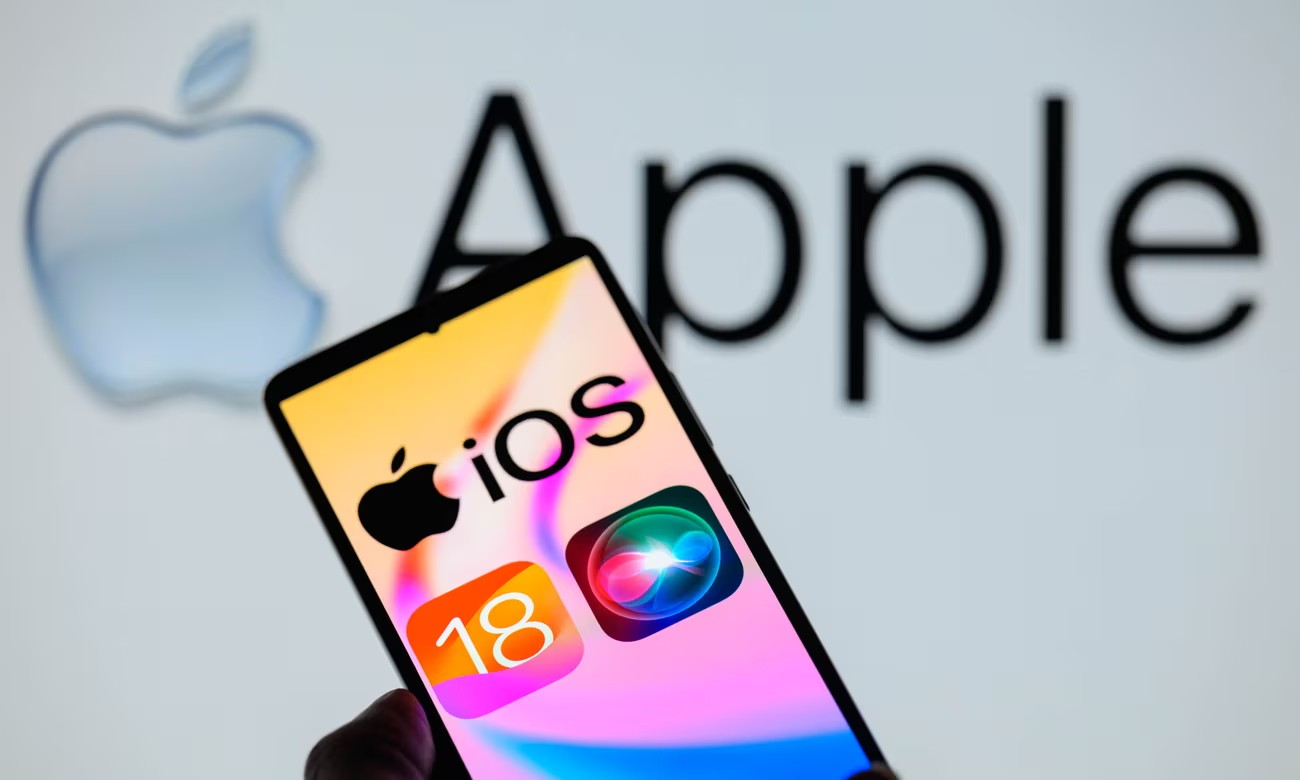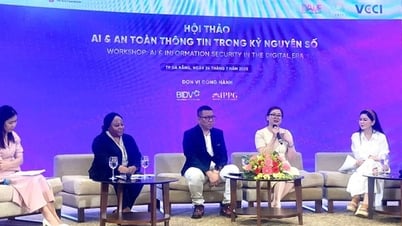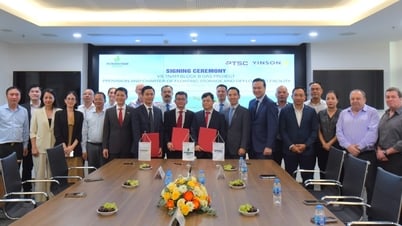At its 2024 Worldwide Developers Conference (WWDC), Apple made a big push into artificial intelligence (AI) with the introduction of Apple Intelligence. Analysts say it could spark a “super cycle” of iPhone upgrades as the latest AI features are only available on the most powerful iPhones on the market.

Not every iPhone that gets the iOS 18 update this fall—even the iPhone 15—will get features like automatic transcription, image creation, and a smarter Siri voice assistant. Apple Intelligence is limited to the iPhone 15 Pro and 15 Pro Max, the only two devices to feature the A7 chip so far. Macs with M1, M2, M3 chips, or iPad Pros that share the same hardware, will also get the new AI features.
Critics argue that Apple does not release slower or inferior versions of AI for older iPhones because of profit.
“Apple’s decision to limit Siri and Apple Intelligence features to the latest iPhone 15 Pro seems to be a strategy to force an upgrade cycle for the iPhone,” said Gadjo Sevilla, senior analyst at Emarketer. Consumers may see this as a hostile move.
Apple is backing itself into a difficult position with its 2023 iPhones, which will be the first to limit its advanced chips to its most expensive models. That will result in a significant difference in processing power between the base iPhone 15 and the top-end Pro models. As a result, Apple may have no choice but to impose restrictions on Apple Intelligence, said Francisco Jeronimo, an analyst at research firm IDC.
Most of Apple’s intelligence will run on the device, not in the cloud, and will require a lot of processing power. Not every chipset, memory, or storage can handle it. This isn’t a short-term play to sell more iPhone 16s than iPhone 15s, but a long-term play to ensure Apple delivers a powerful, compelling AI-powered experience.
According to expert Jeronimo, Apple's main concern is not sales of the next iPhone but preparing for a super upgrade cycle as people fundamentally change the way they think about devices.
“Most consumers won’t rush out and buy the next iPhone just because it has a few more features,” he said. “They’ll wait until they have to replace their phones.”
He points out that when we truly understand what technology can do, a super cycle will kick in. In the last 30 years of mobile, feature phones changed communication, smartphones disrupted everything, and the next big thing will be AI.
“It will take time, just like the previous two super cycles, and I think the same will happen with AI,” he said.
(According to The Guardian)
Source: https://vietnamnet.vn/apple-intelligence-co-the-xoa-diu-con-dau-dau-cua-tim-cook-2291572.html


























![[Photo] National Assembly Chairman attends the seminar "Building and operating an international financial center and recommendations for Vietnam"](https://vphoto.vietnam.vn/thumb/1200x675/vietnam/resource/IMAGE/2025/7/28/76393436936e457db31ec84433289f72)








































































Comment (0)